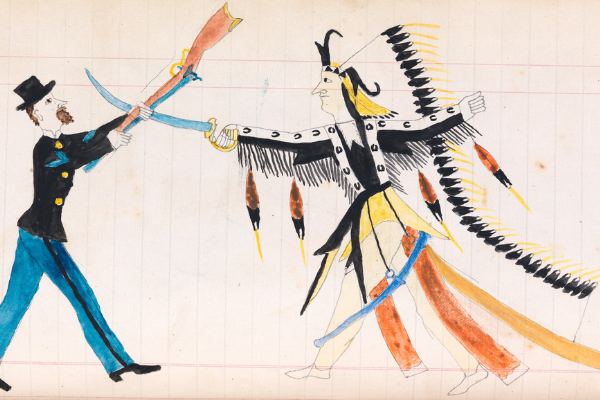
Tribute To Chief Fundikira
- Category: Governance
- Date 12-08-2007
- 1277 views
In her poem ‘The Death King’, Anne Sexton says, “Death will be the end of fear and the fear of dying”. Man is naturally ruled by fear of death, which Shakespeare called “a necessary end that must come whenever it will”, and so our own Chief Abdallah Saidi Fundikira has surrendered to a late death at 87. A traditional leader in his own right, the deceased sovereign was established in 1957 as Ntemi of the Wanyamwezi in the Nyanyembe chiefdom.
The Chief has lived a full life and made his mark on Tanzania’s history but to bewail his death is the most fitting option for now. Chief Fundikira passed away on Monday afternoon at his home in Tabora, exactly at the age of eighty-six and half years, having been born in February 1921. Whereas chiefdoms were abolished at independence, and traditional chiefs basically remained ceremonial, the man who was deeply connected to the past of this nation understood the need for national unity and indeed worked for it.
For communities large and small, traditional leaders like the departed Fundikira are an invaluable asset. They provide an important link to the past as a means of remembering the men and women who grew up locally but royally and who died in dignity. Some kingdoms across Africa were a source of national discord during the post independence days. Where chiefs rated local supremacy over national cohesion that required them to sacrifice part of what they treasured for the greater good, they fuelled civil strife and the breakdown of nations.
A case in point is Buganda Kingdom in present-day Uganda. At independence, the Kabaka (King) favoured a loose federation and a strong role for the tribally based local kingdoms, which aroused political manoeuvring that saw the 1966 abolition of traditional kingdoms with the proclamation of the republic of Uganda; and the political chaos that ensued has never been resolved to this day.
History shows that worldwide, monarchs almost always inherit their titles, are rulers for life and generally wield absolute powers. However, Fundikira and his other Tanzanian peers were willing to forego some royal privileges; they moved with the times and belonged both to the past and present, which is why they were able to support the creation of a great nation, Tanzania. It is the more reason the deceased chief deserves all tribute.
Many times, we have rightly idolised the Father of the Nation but forgotten to hint that he could never have single-handedly afforded whatever he achieved for Tanzania, except with the contributions of other willing nationalists like Fundikira. Pre-independence Africans lived in small villages that were tribal and ruled over by chiefs. Sometime between 1000 and 1500 AD, many of these villages began to consolidate into larger units and eventually formed powerful and centralized states; the largest and longest lasting of these centralized states was Benin. While Tanzania was not a deliberate consolidation of local kingdoms into a single state, still the foresight of the existing chiefdoms enhanced the harmonious character the nation has later enjoyed.
In Fundikira therefore, we have lost a modern chief, who was not only a highly educated agricultural connoisseur but also a pioneer political administrator who became Tanzania’s foremost Minister of Justice at the proclamation of the republic of Tanganyika in 1962. Peering Eye further praises Chief Fundikira for realising the value of competitive politics, promoting multiparty proclivity by chairing the first interim structure of an opposition umbrella body (National Committee for Constitutional Reforms) and forming UMD party under which he campaigned for Presidency in 1995.
In my school life, I have read about Chief Fundikira of the Nyamwezi, but it was just at his death that I also discovered we went to the same university of Makerere, about sixty years apart. A week ago, heart complications robbed the chief of his rich life as he lay at his Tabora home, before his interment at Kitemi graveyard, in the Wanyanyembe tradition. Rest in Peace!
By Venansio Ahabwe
Source: Peering Eye, Sunday Citizen
